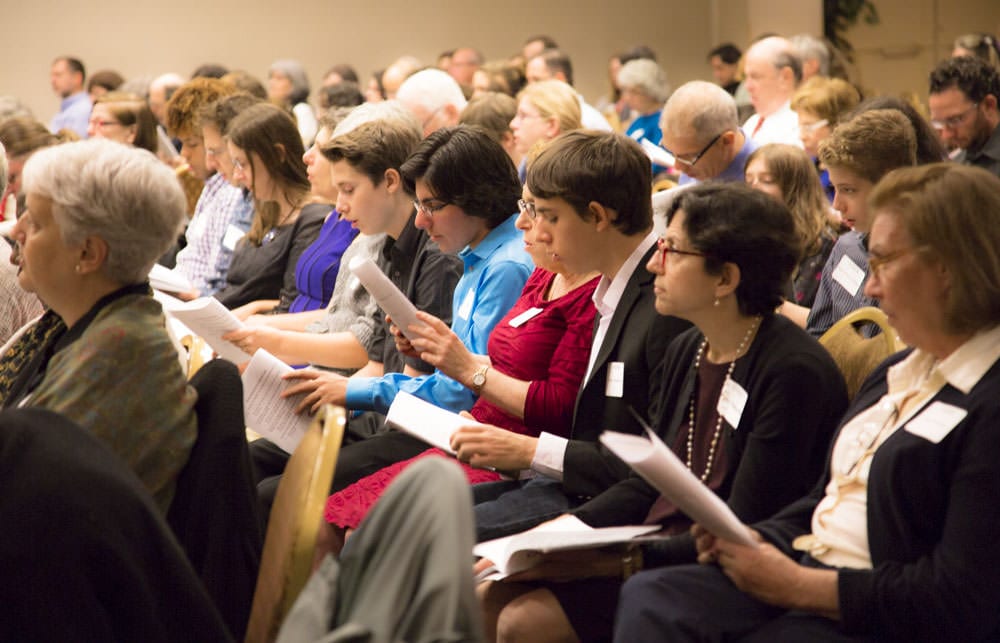
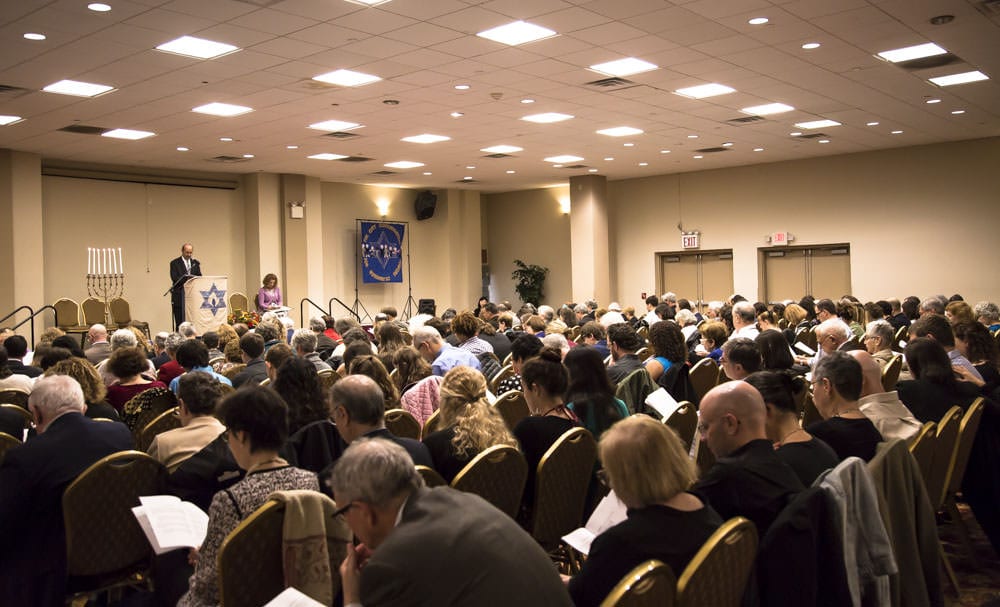

hhd4
hhd3
Apple_honey



Join us for beautiful secular high holiday services of music and contemplation that express traditional Rosh Hashanah and Yom Kippur themes while honoring human reason and human dignity. Our observances combine familiar passages with innovative language so that cultural Jews can mark these holidays in a way that is consistent with humanistic beliefs.
All services may be attended virtually via Zoom. You will find this option during registration.
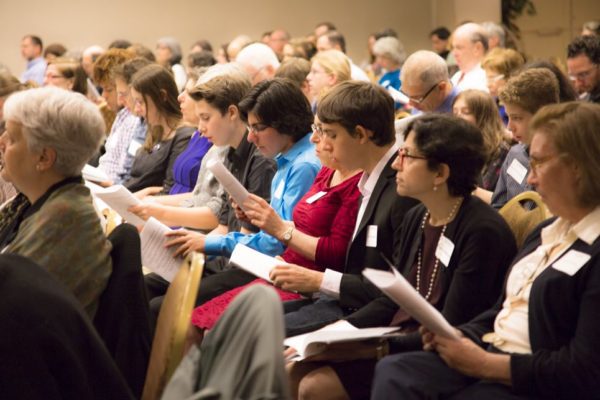
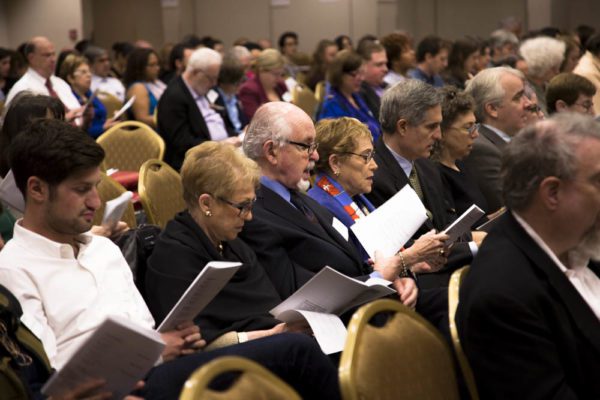
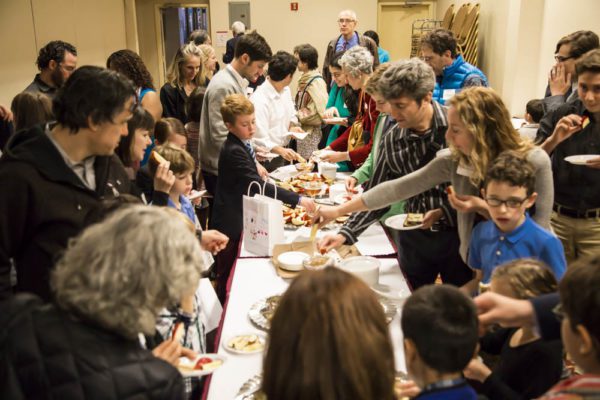
Humanistic Jews observe Rosh Hashanah, the Jewish New Year, as a time for self-reflection. Traditionally a period of divine judgment and divine terror, the Days of Awe are for us a powerful opportunity for assessment, repair, change, and growth. Services are led by Rabbi Tzemah Yoreh with participatory readings from members. Children aged 4 through 10 who don’t wish to join their parents for the adult services can participate in a dynamic children’s program.
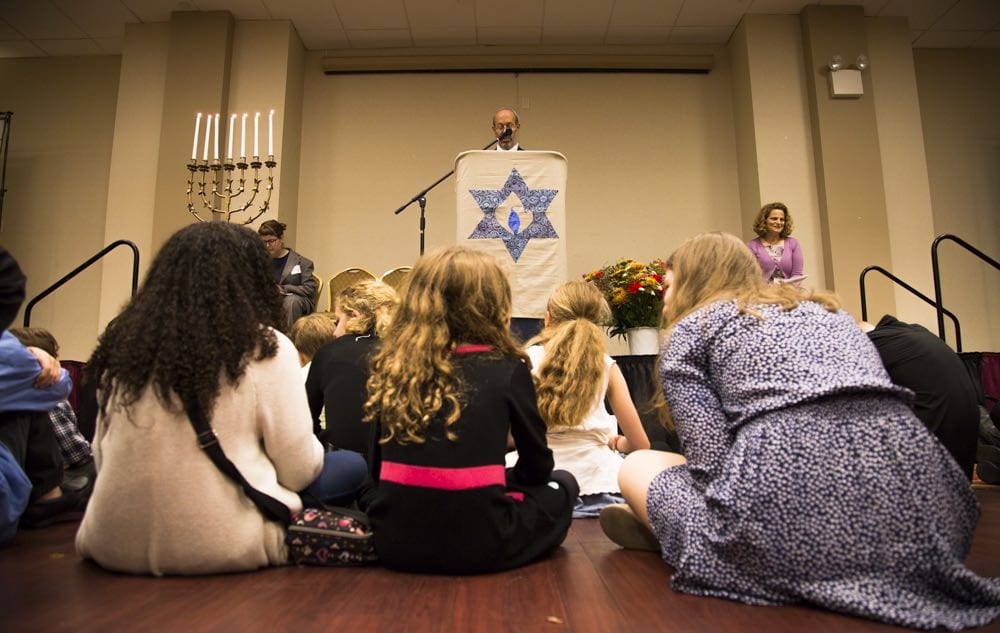
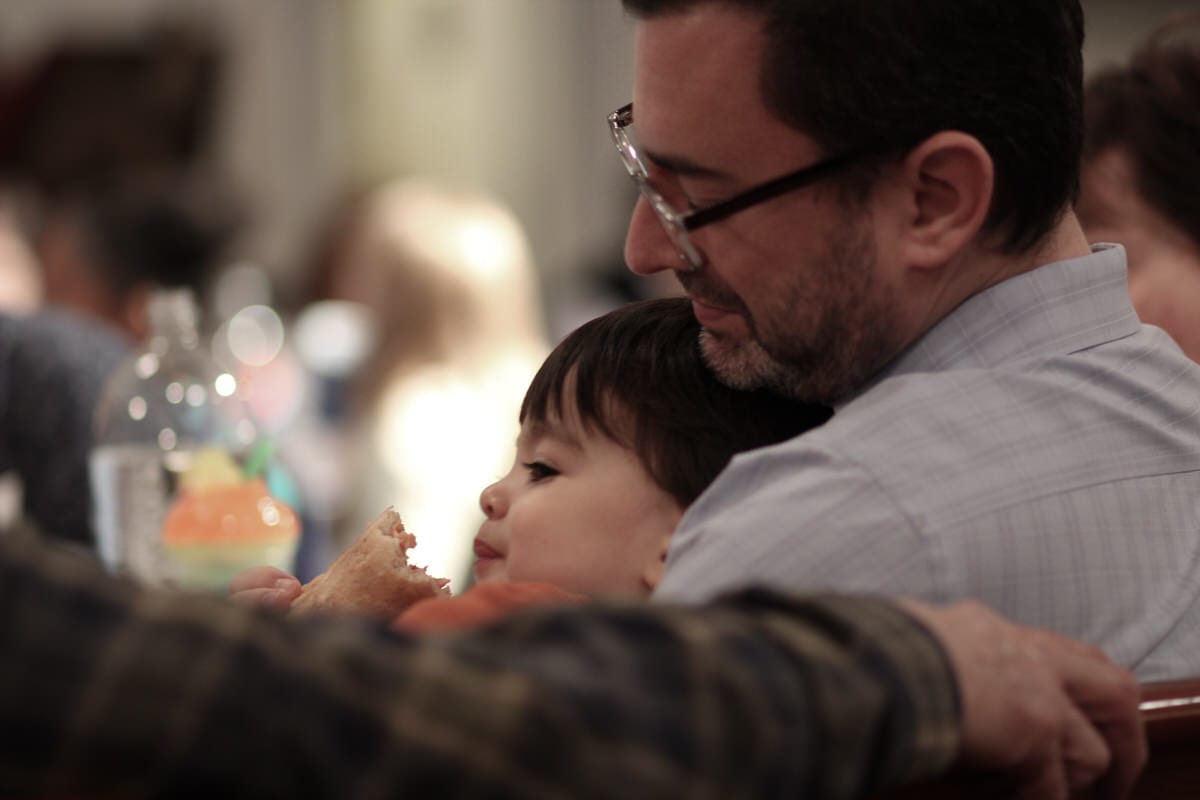
Kol Nidre, observed the night before Yom Kippur, derives its name from the famous melody sung at this service. Ours is an innovative program of reflection through non-theistic literature and music. We contemplate the meaning of making vows and resolutions. And we offer a dramatic presentation of a modern Jewish literary classic that explores the themes of the holidays. You can read a passage from our secular Kol Nidre service.
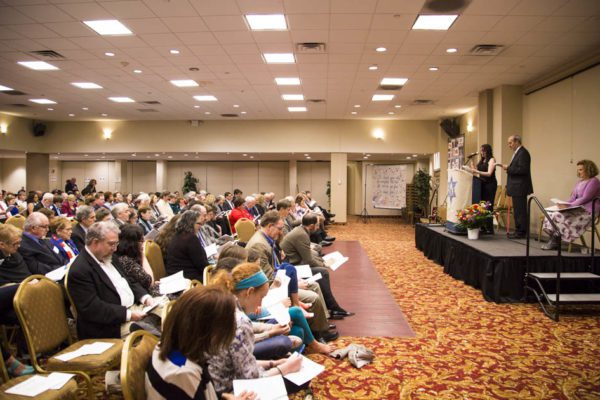
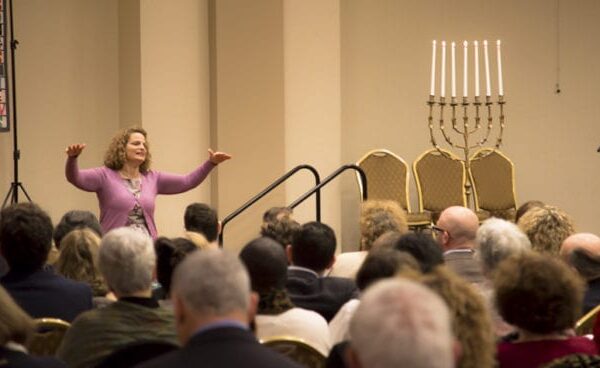
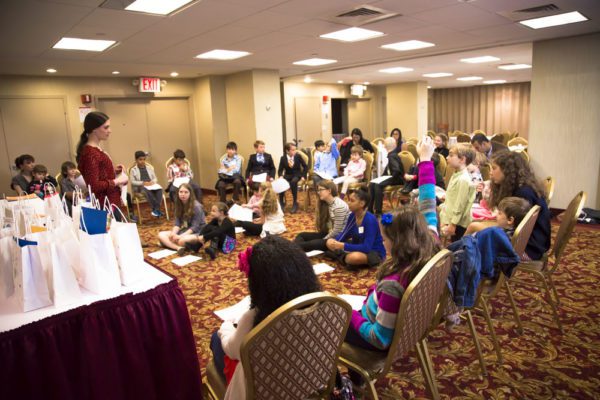
Yom Kippur, the Day of Atonement, is traditionally a time for confessing sins and seeking repentance. In Humanistic Judaism, Yom Kippur guides us to seek and offer forgiveness among ourselves. In recognizing the wrongs we have done and confessing before one another we affirm our belief in human responsibility for our own lives, behavior, and future. Our Yom Kippur observances also include the personal reflections of members who are chosen to prepare presentations on a relevant theme. Past subjects have included tolerance, skepticism, memory, anger, and forgiveness. On Yom Kippur all members and guests are invited to speak aloud the names of their deceased loved ones for a moving memorial service and the recitation of a modern secular kaddish.
“The services honored what I honored and didn’t sound one false note. And the communal meal and conversations afterward have especially made the holidays something to look forward to.” — Claire
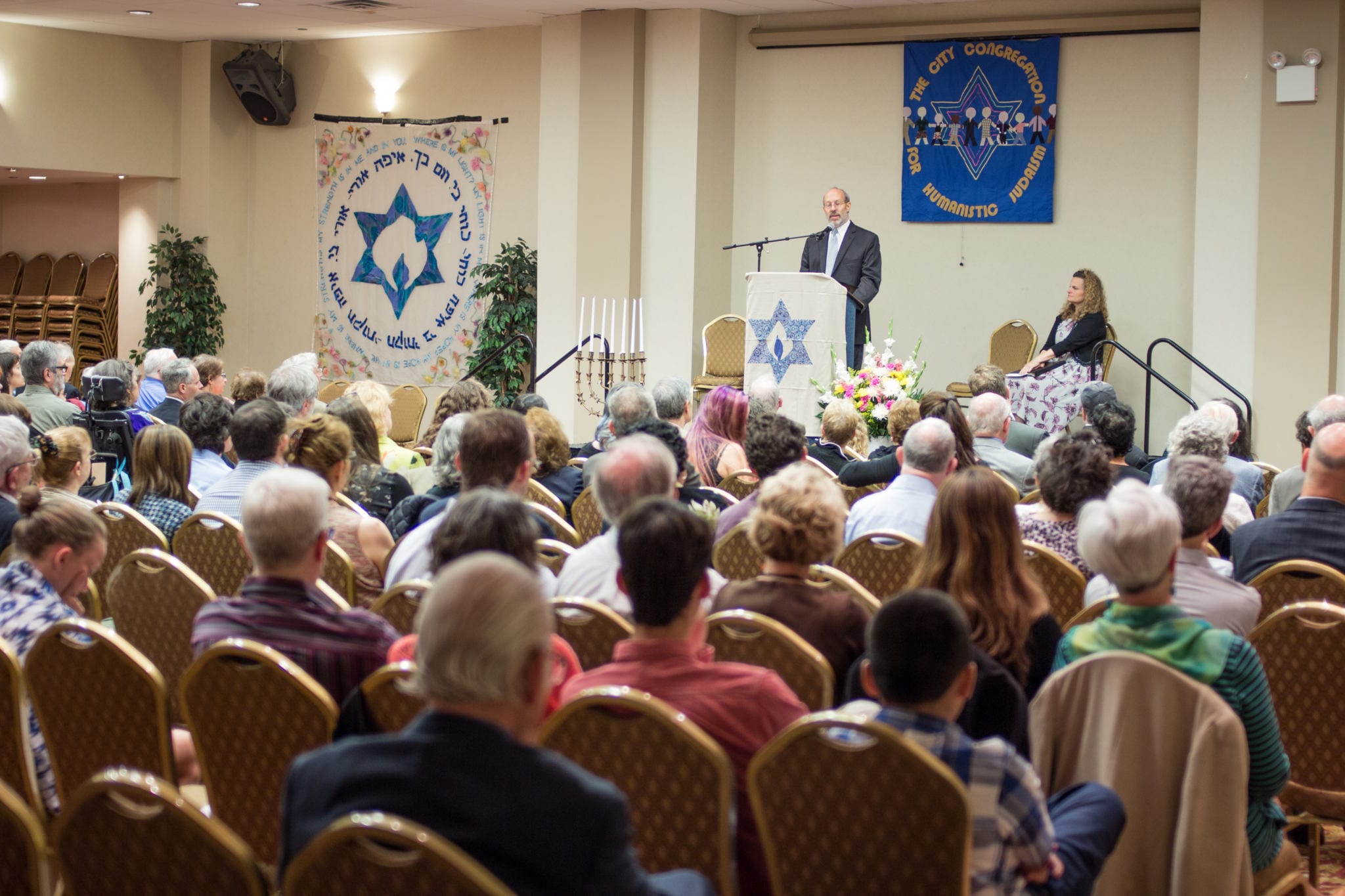
On Rosh Hashanah and Yom Kippur, children aged 4 through 10 who don’t wish to join their parents for the adult services can participate in a dynamic children’s program. Children join the community for the blowing of the shofar. Below is one of our children’s readings:
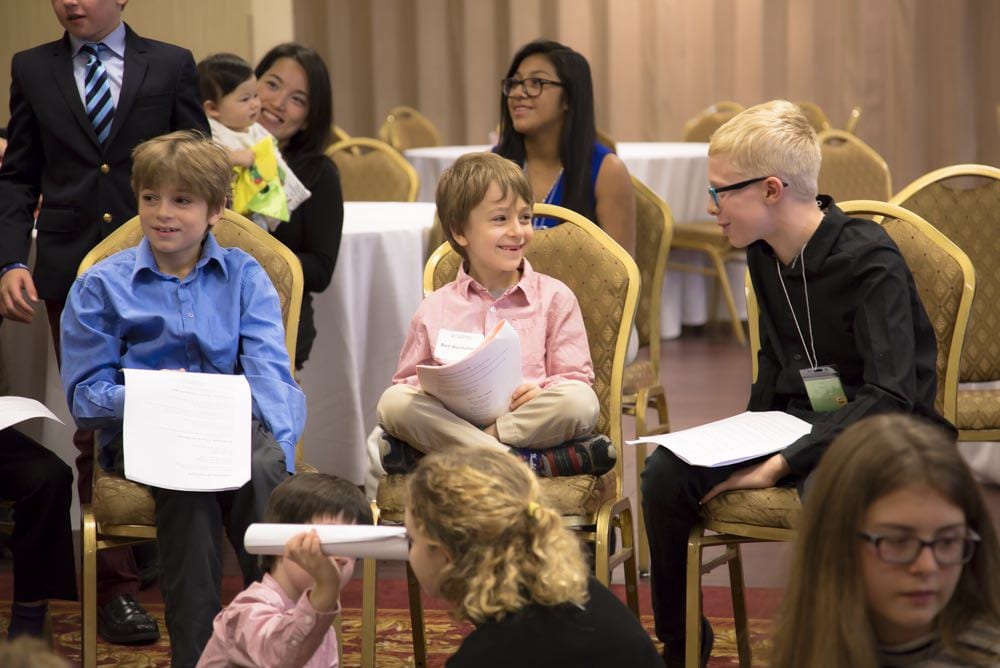
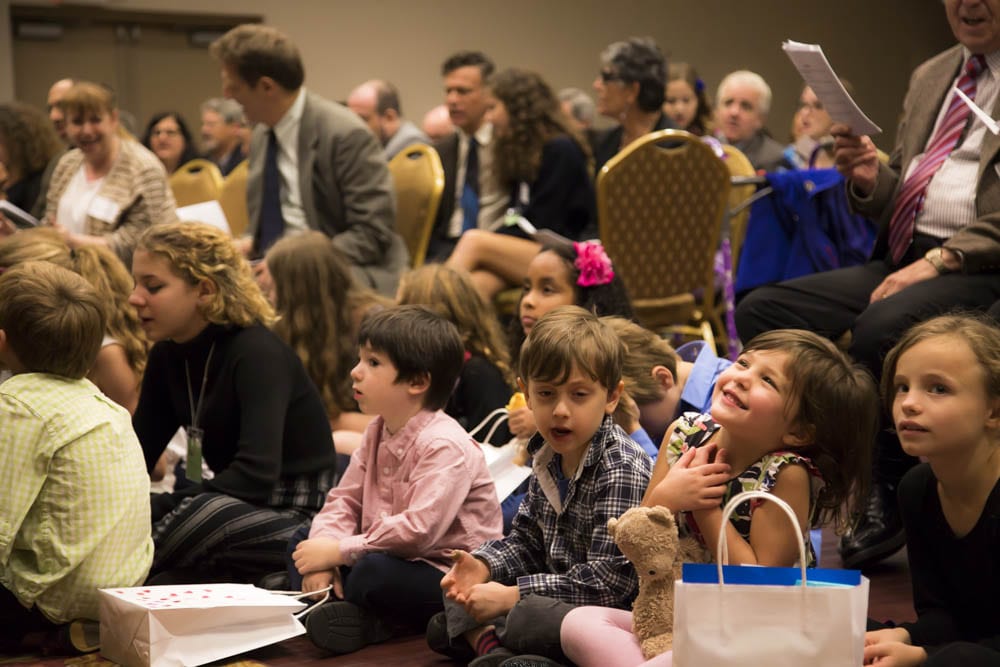
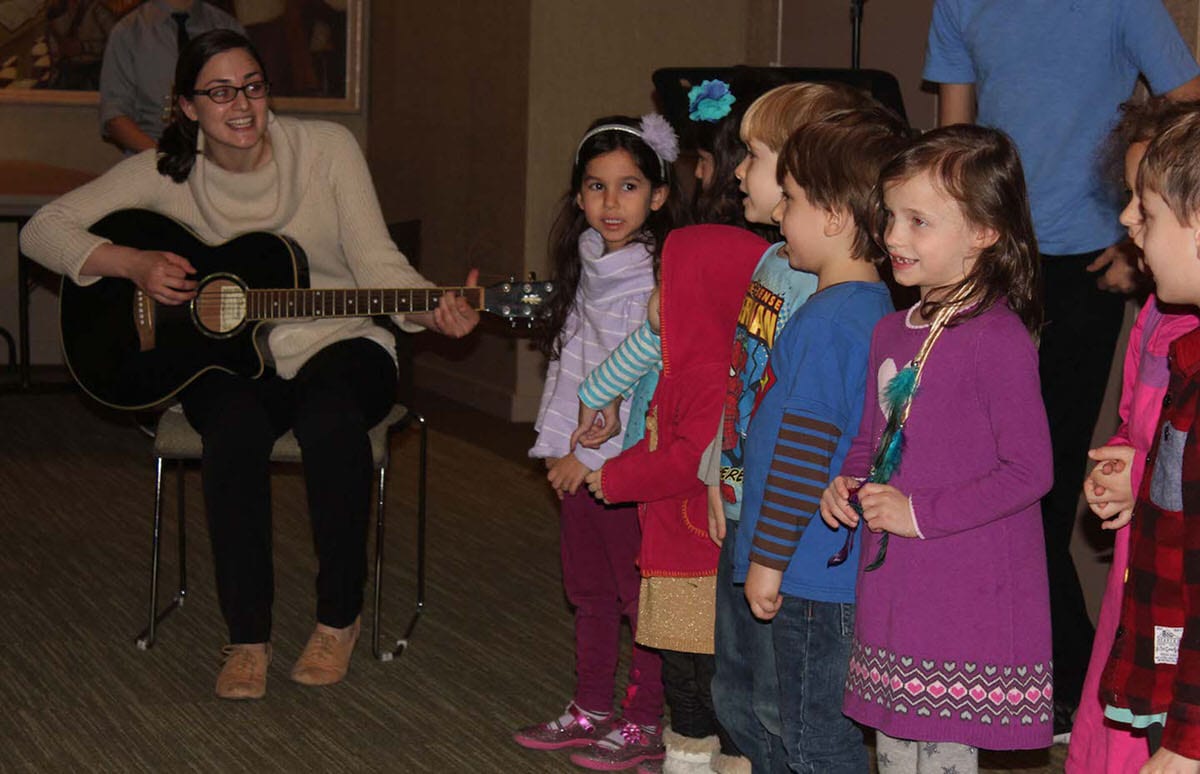
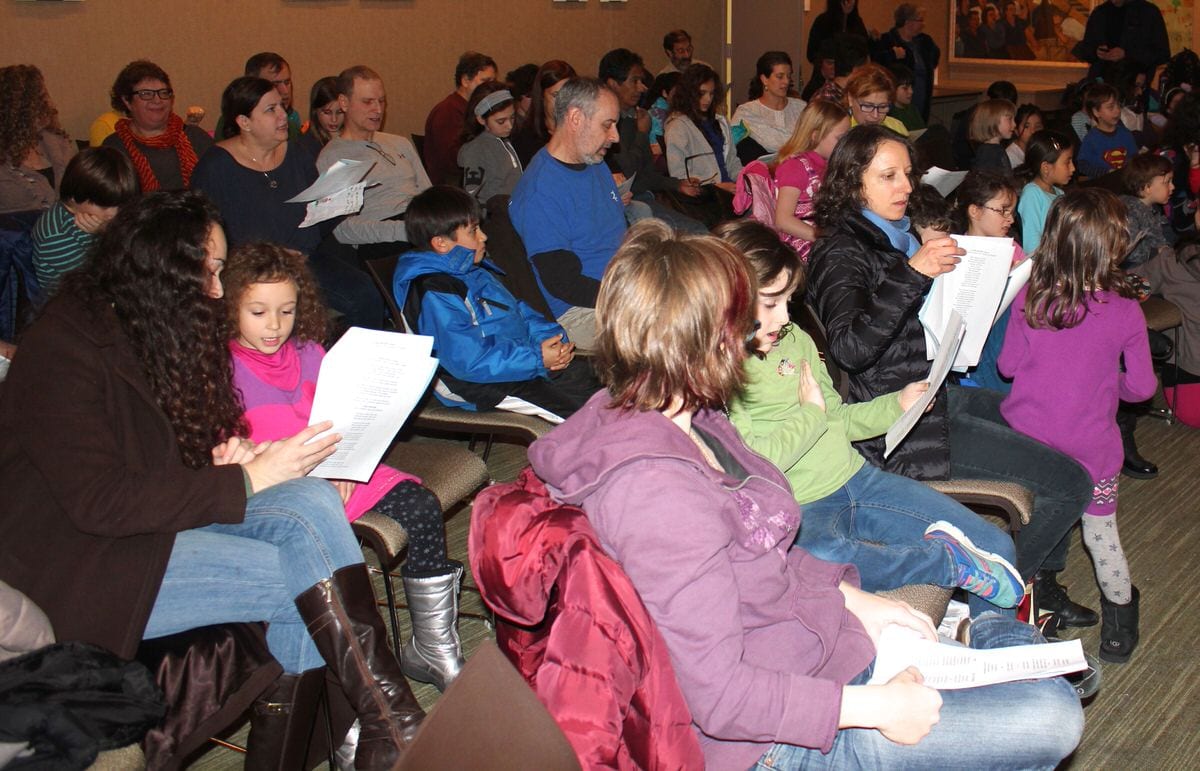

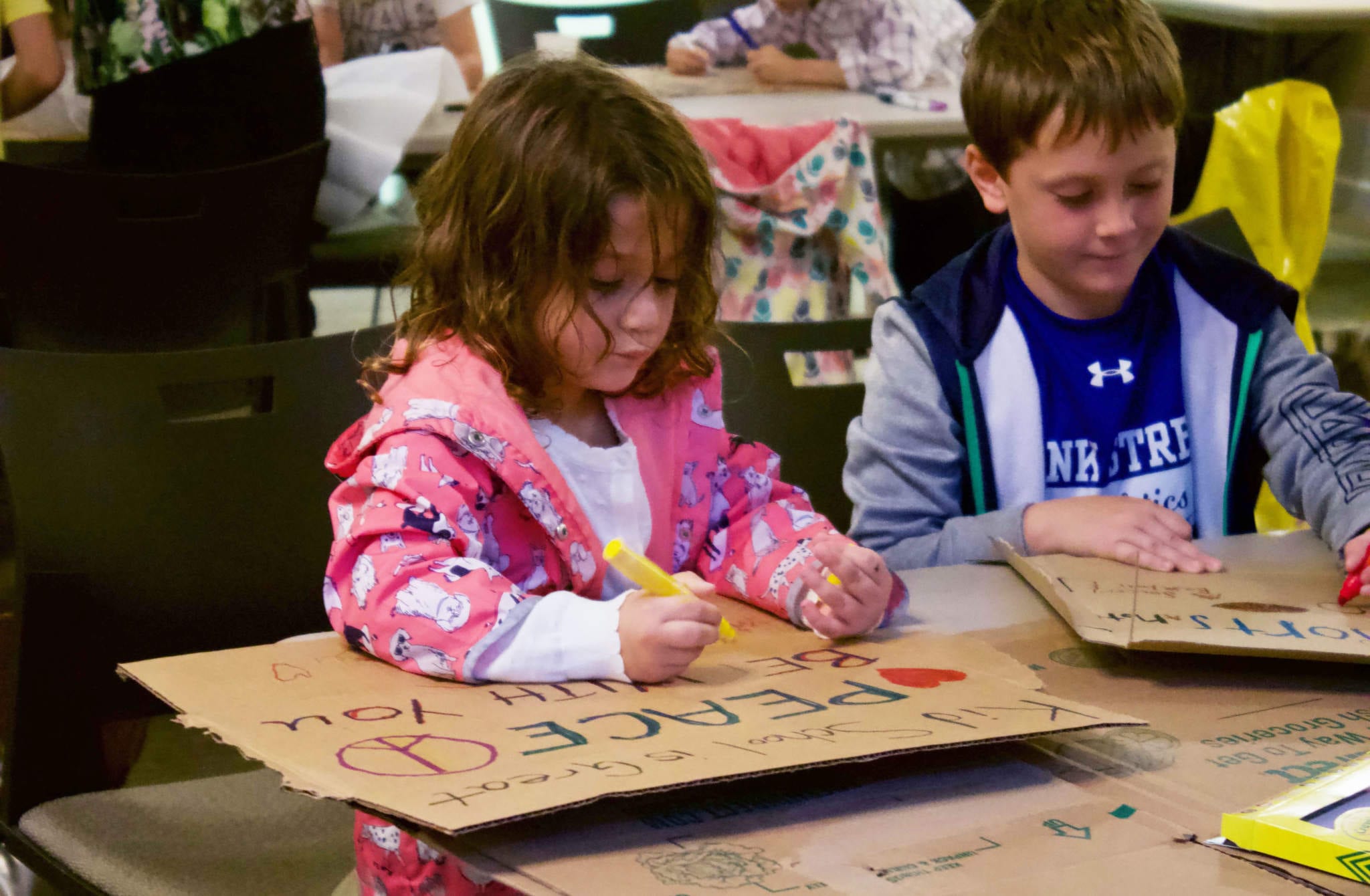
Jewish holidays are times to celebrate that we are members of the Jewish family. We are part of the Jewish people.
The Jewish people is an old family. We have a very long history.
In the beginning our ancestors lived in the land of ancient Israel.
Later, they lived in the ancient lands of Babylonia, Greece, and Egypt.
In more modern times, Jews moved on to still other countries, such as Russia and Germany, Spain, and France. Others moved to Morocco, Syria, and Lebanon.
Some moved to South Africa, Australia, and China. And others moved to the modern state of Israel, and, of course, the United States.
Over the years, going all the way to our time, each generation has added a new chapter to that family history.
